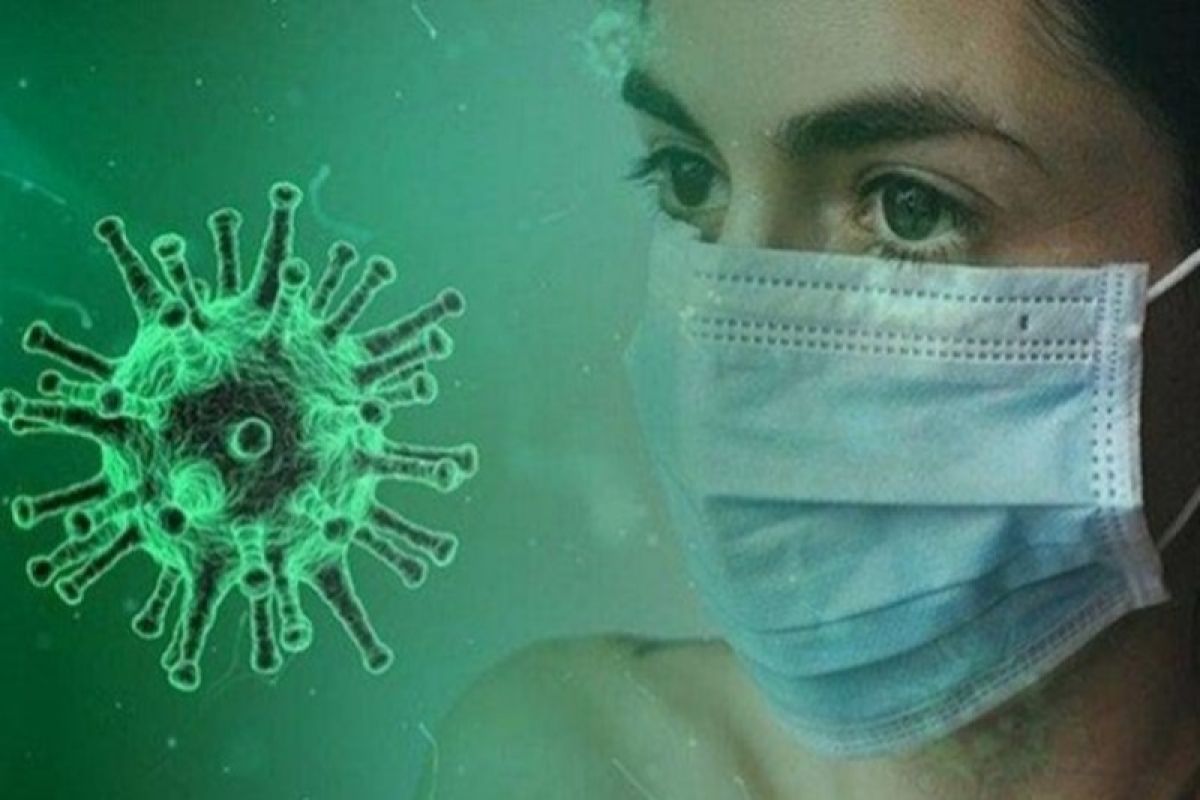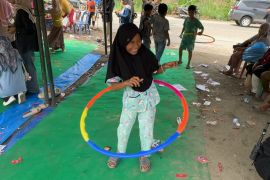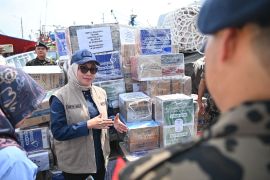If the child has already been infected, parents need to be prepared for the risk of long COVID-19. So, after recovering, the next month they will need to be checked up by a doctorJakarta (ANTARA) - An expert from the University of Indonesia Prof. Dr. Hindra Irawan Satari has urged parents to be prepared for the risk of long COVID-19 in children.
"If the child has already been infected, parents need to be prepared for the risk of long COVID-19. So, after recovering, the next month they will need to be checked up by a doctor," he said during an online discussion on Thursday.
Long COVID-19 is very likely in children with a history of SARS CoV-2 infection who have had at least one persisting symptom for at least 12 weeks after the results of the first swab test and have not been diagnosed with some other ailment, he added.
Such symptoms would have an impact on daily activities and could either last a long time, or come and go repeatedly, he explained.
Related news: Indonesia mulls pandemic to endemic shift
He also advised parents to take children to the doctor one month after they test negative for COVID-19 to check whether they have long COVID-19.
"But if it seems that there are persistent symptoms, there is no need to wait for a month. It is expected that the doctor will immediately diagnose and treat them so that they will recover quickly," he added.
The symptoms of long COVID-19 in children can be different, he noted. Some just experience shortness of breath, while some perpetually feel tired, he said.
Related news: Children with comorbidities at higher severe COVID risk: IDAI
He then gave some tips to keep children from experiencing long COVID-19, including making sure children get enough rest and are always in a room with good air circulation to reduce the chance of their being impacted severely by the virus.
"A child's immune system is not fully developed yet. (It is) still vulnerable. They need rest, need enough sleep, need support. These can make them recover completely and not catch long COVID-19," said Satari.
Related news: Omicron can cause fatal health issues in children: IDAI
He also underlined the importance of balanced nutrition, sunbathing to get natural Vitamin D, and vaccination if the child is six years old.
As for children under 5 who cannot be vaccinated, it is important for people around them to offer support by properly following the health protocols, he said.
"Toddlers live at home. So, the risk of exposure comes from people who live at home. For this reason, people staying at home should not carry the virus, vaccinate themselves, not travel (unless necessary), continue to maintain health, thereby reducing the risk of infection in children at home," he added.
Related news: B20 task force proposes three green energy transition recommendations
Related news: B20 invites global corporations to create recommendations for G20
Translator: Suci Nurhaliza, Mecca Yumna
Editor: Fardah Assegaf
Copyright © ANTARA 2022












